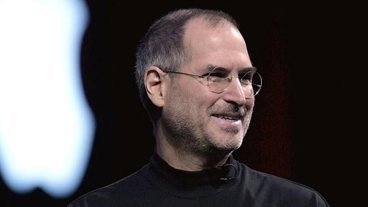WTO rules China illegally restricts media imports like iTunes
The Chinese government on Tuesday expressed "regret" over the WTO's ruling. China utilizes the practice to review movies, music and books for objectionable content before it is released to the public.
Despite the popularity of iPods and iPhones from Apple, China does not have its own iTunes Music Store. U.S. media companies believe that this is due to the government's policies that place restrictions on selling content directly to the public.
In 2008, the Chinese government came under fire after it temporarily blocked access to the U.S. iTunes store in reaction to the release of the album "Songs for Tibet - The Art of Peace." The store returned days later, but without access to the pro-Tibet album.
The Chinese government has long blocked access to Web sites it feels are objectionable, including subjects like Tibet and the Tiananmen Square protests of 1989. Access to the U.S. iTunes store was blocked during the Olympics in Beijing, when the Chinese government's censorship practices were in the spotlight.
U.S. media companies kept the focus on China after the Olympics with complaints to the WTO. According to The Associated Press, music labels including EMI and Sony Music Entertainment, publishers like McGraw Hill and Simon & Schuster, and Hollwood movie studios Warner Bros., Disney, Paramount, Universal and 20th Century Fox were involved.
The WTO ruling could mean that the U.S. could ask to have commercial sanctions against Chinese goods, if the nation fails to address the situation in the next year. The Chinese government offered no indication of its next move.
Even without an official store in the nation of over one billion, iTunes has become a global phenomenon, launching in numerous countries. It is the largest overall seller of music in the U.S., with a 25 percent share of the total market.
 Sam Oliver
Sam Oliver










 William Gallagher
William Gallagher
 Wesley Hilliard
Wesley Hilliard
 Andrew Orr
Andrew Orr



 Amber Neely
Amber Neely








